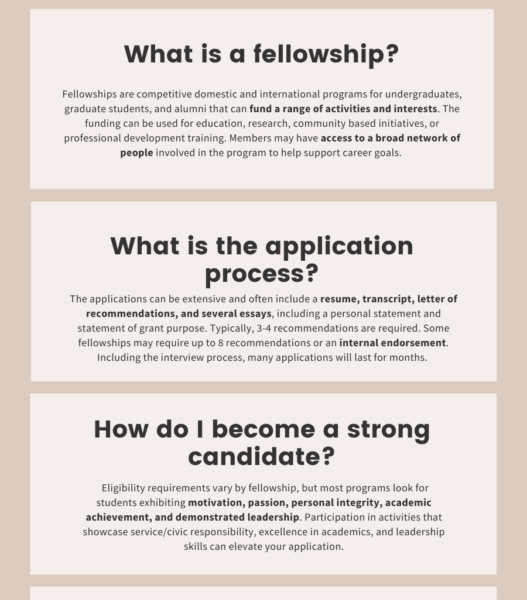In today’s competitive job market, acquiring specialized skills and expertise is essential for career advancement. Fellowships offer a unique avenue for professionals to gain hands-on experience, expand their networks, and contribute meaningfully to their respective fields. This article delves into the significance of fellowships in professional development, highlighting the opportunities they present for growth and danatoto innovation.
I. Defining Fellowships
- What is a Fellowship?
- A fellowship is a structured program that provides individuals with the opportunity to engage in focused, often specialized, professional development activities. These programs are typically offered by organizations, institutions, or foundations.
- Duration and Structure:
- Fellowships can vary in duration, ranging from short-term, intensive programs to multi-year initiatives. They may include training, mentorship, research, or practical experience components.
II. Advantages of Fellowships in Professional Development
- Specialized Training:
- Fellowships offer targeted training and skill-building opportunities in specific areas, allowing professionals to develop expertise that may not be readily available through conventional education.
- Access to Expertise:
- Fellows often have the opportunity to work closely with established experts and thought leaders in their field, gaining valuable insights and mentorship.
- Networking and Collaboration:
- Fellowships provide a platform for professionals to connect with peers, mentors, and a broader community of like-minded individuals, fostering collaboration and idea exchange.
III. Diverse Learning Environments
- Academic Fellowships:
- Academic fellowships are often offered by universities or research institutions and provide a structured environment for advanced study, research, and academic collaboration.
- Professional Fellowships:
- These programs are designed to enhance specific professional skills or knowledge areas and are typically offered by organizations, think tanks, or industry associations.
IV. Impact on Career Trajectory
- Career Acceleration:
- Fellowships can fast-track career progression by providing participants with opportunities for high-impact projects, leadership roles, and exposure to decision-making processes.
- Credibility and Recognition:
- Completing a prestigious fellowship program can enhance a professional’s credibility, signaling to employers, peers, and the industry at large that they have achieved a high level of expertise.
V. Innovation and Problem-Solving
- Encouraging Innovation:
- Fellowships often involve tackling real-world challenges or engaging in cutting-edge research, encouraging innovative thinking and problem-solving skills.
- Applied Knowledge and Solutions:
- Fellows are frequently tasked with applying their knowledge and expertise to address specific issues or contribute to projects with practical implications.
VI. Cross-Disciplinary Exposure
- Breaking Silos:
- Fellowships can facilitate cross-pollination of ideas and knowledge across different disciplines, leading to a more holistic understanding of complex issues.
- Transferrable Skills:
- Exposure to diverse perspectives and fields of study equips fellows with adaptable skills that can be applied in a range of professional contexts.
VII. Community and Social Impact
- Addressing Societal Challenges:
- Many fellowships focus on areas of critical societal importance, such as public health, environmental conservation, or social justice, allowing professionals to contribute meaningfully to positive change.
- Global Perspective:
- International fellowships often provide opportunities to work on global challenges, fostering a broader understanding of the interconnectedness of issues.
VIII. Access to Funding and Resources
- Financial Support:
- Some fellowships offer stipends, grants, or scholarships, easing the financial burden associated with professional development and allowing participants to focus on their work.
- Access to Facilities and Resources:
- Fellows may have access to specialized equipment, libraries, laboratories, or other resources that are critical for their work.
Conclusion: Nurturing Excellence Through Fellowships
Fellowships play a pivotal role in shaping the professional landscape, empowering individuals to make meaningful contributions to their fields. By offering targeted training, mentorship, and opportunities for innovation, these programs have a far-reaching impact on both individual careers and the advancement of industries and societies at large.


















